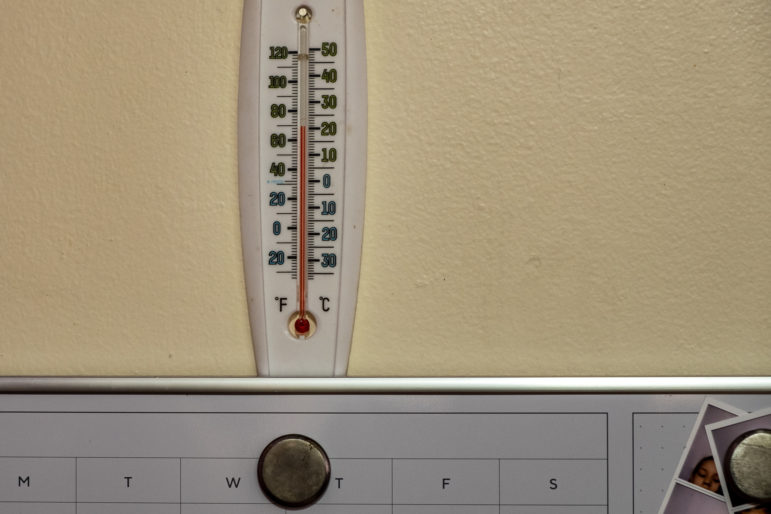Inocencia Nolasco, a 59-year-old disabled Dominican immigrant, applied for food stamps to feed her grandchildren last year, but not one case worker at the city welfare office could walk her through the process in Spanish, her only language. It took four appointments before she finally got access to benefits.
Undercover work by the federal Department of Health and Human Services in 1999 found situations like Nolasco’s all too common.
By next year, however, it should be the exception. Last week, the city settled a two-year legal battle in Manhattan’s federal court, agreeing to provide translation and interpretation services at all of its 21 food stamp offices.
“This settlement marks a pretty much 180-degree turn-around by the Giuliani administration,” said Andrew Friedman of Make the Road by Walking, a Bushwick-based advocacy group that filed the lawsuit in August 1999 with the New York Legal Assistance Group and the Puerto Rican Legal Defense and Education Fund.
The city estimates 100,000 low-income immigrants will benefit from the agreement, a number advocates guess will be even higher.
Under the court mandate, the city’s Human Resources Administration has until February to send out letters in 17 languages to every New Yorker on food stamps, informing them of their rights to translators. After surveying all of its clients, the city will then be required to offer services in two to five additional languages, depending on need. Every food stamp application and recertification packet will include a notice, in six to nine languages, of recipients’ rights to translation. And every job, income support, and food stamp office must post notices in up to nine languages about the availability of translation services, and offer a hotline number to call if interpretation is not provided.
To get things rolling, the city said it has already signed contracts with translation companies to create welfare forms and documents in Spanish, Russian, Chinese and Arabic, the city’s most commonly spoken non-English languages. The first of those, in Russian, should hit the appropriate centers within the month, say advocates.
As ambitious as the city’s intentions may be, implementation is expected to be slow, particularly as the mayor calls for across-the-board budget cuts and hiring freezes from city agencies. “It’s a monumental job,” said Friedman, noting the city will need time to assess recipients’ needs and staff capacity, and to make the adjustments necessary to reach full compliance. The settlement requires that every food stamp office be staffed immediately with a “language liaison” to deal with recipients speaking little English.
At the very least, says Friedman, HRA will have to shuffle personnel around to get more bilingual staff into the centers, a change the agency says it has begun to make by hiring some 40 translators in the last year. “We’ll remain vigilant in making sure that the settlement is implemented properly,” he said. And if the city falters? “We’ll see them in court again.”
While changes get underway for food stamp applicants, Medicaid recipients await word on a law suit NYLAG filed with the New York Immigration Coalition and others in spring of 1999 to remedy similar situations in Medicaid offices. “Hopefully, this settlement will speed things up,” said Randal Jeffrey, counsel at NYLAG.
The need certainly couldn’t be any greater, added his colleague, attorney Constance Carden, “when so many people have lost their jobs and will be forced to rely on food stamps to feed their families.”







